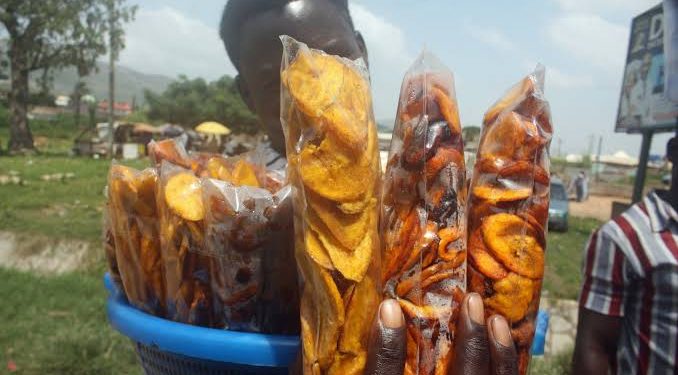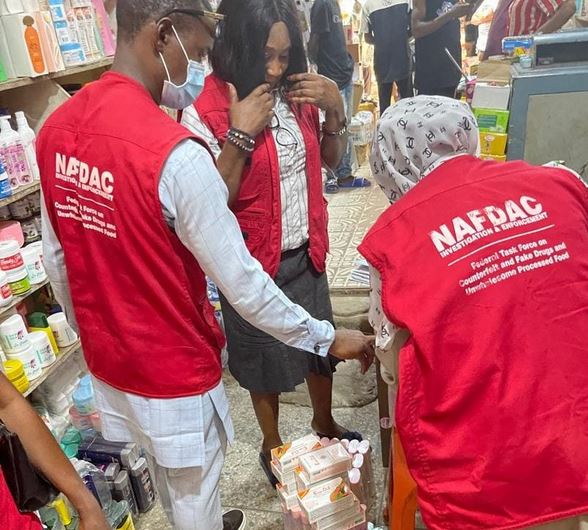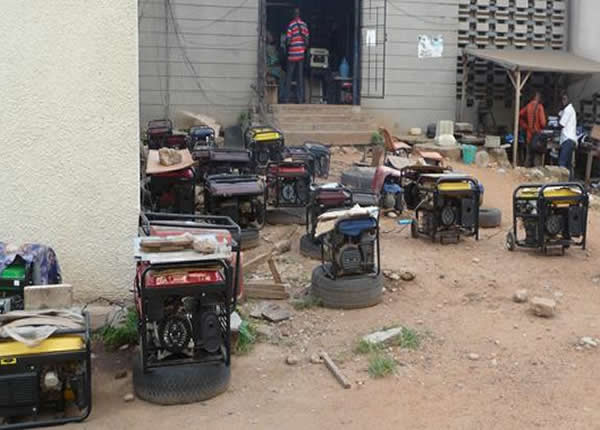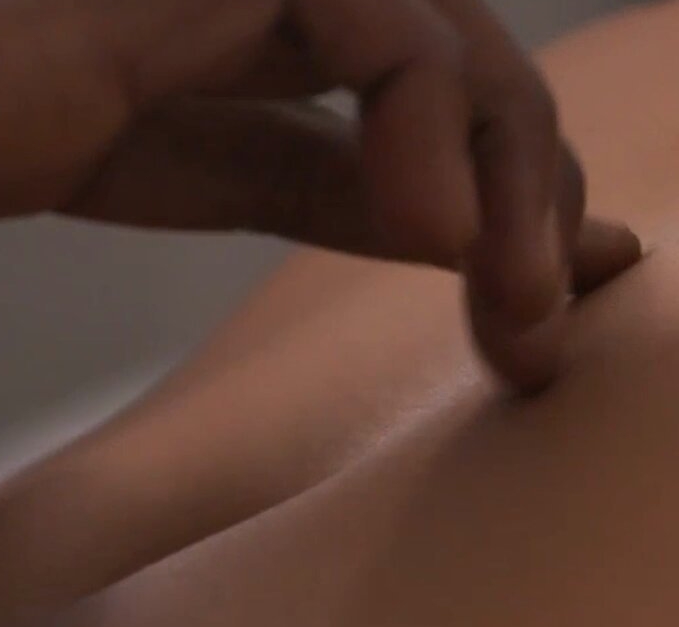The National Agency for Food and Drug Administration and Control, NAFDAC has reacted to allegations of contaminated plantain chips in circulation.
It was alleged that a woman fried plantain chips with the use of oil adulterated with polythene in Lagos State.
A viral social media post had claimed the woman a melted about five pieces of “olonka rubber” (polythene) into oil which se used to fry chips.
But In a statement by NAFDAC’s Resident Media Consultant, Sayo Akintola, the agency said it was taking steps to verify the claim.
The statement reads: “The attention of the Management of the National Agency for Food and Drug Administration and Control has been drawn to viral posts making the rounds on social media where an individual was reporting the alleged frying of plantain chips by a woman who “before she grated the plantain into the hot oil she melted about five of the white polythene what we call ‘olonka rubber’ into the oil.”
The agency noted that the post began circulating before the date the practice was supposedly observed, without indicating the geographical location.
NAFDAC said it was taking a a science-based approach to probe the allegation. It said: “The agency is taking in her response to the alleged claim and will conduct necessary laboratory investigation into the claim.
It advised Nigerians buying NAFDAC-regulated food products to be vigilant and cautious.
The agency asked citizens to only purchase from reputable sources, while checking for NAFDAC registration numbers on product labels.
NAFDAC also warned against products with suspicious packaging, objectionable smell/color, or unrealistically low prices.
“In the meantime, our advice to the public who consume NAFDAC regulated food products remains the same and centres around being vigilant as consumers|.
“We reassure the public that NAFDAC is proactive in safeguarding health. Thorough investigation of the disturbing claim will be done”.
Folllowing the development, the Lagos State Consumer Protection Agency cautioned consumers of fried plantains popularly called “plantain chips” to be wary of any unwholesome practices in the processing of the plantains for sale.









